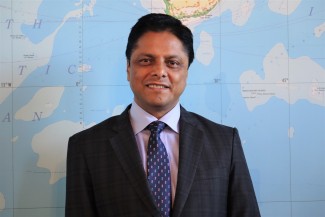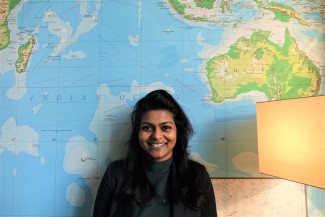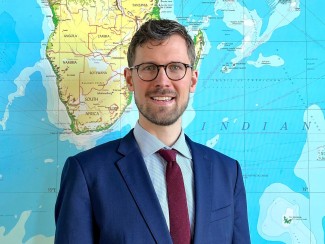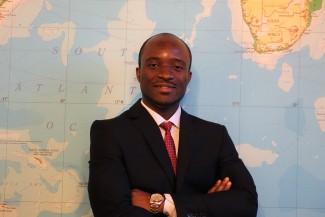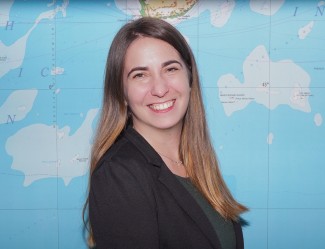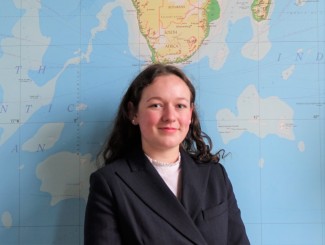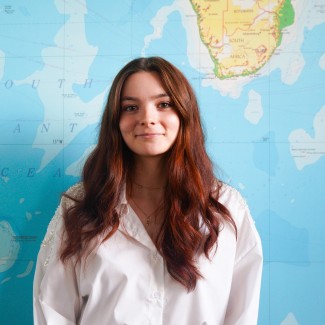Results
A bedrock of EIF's work with LDCs is the monitoring and evaluation of the partnership and results. EIF's fresh Theory of Change and outcomes-based efforts aim at empowering LDCs to integrate into global trade networks, and in doing so help to reduce poverty and support sustainable development.
Standard indicators are in place that span the countries where we work, and the collected data looks at trade integration in policy, agricultural production increases, new international markets accessed and more.
*** Accountability and transparency are central to our work, and EIF publications and guidelines, and EIF's contribution to The International Aid Transparency Initiative (IATI) are publicly available. ***
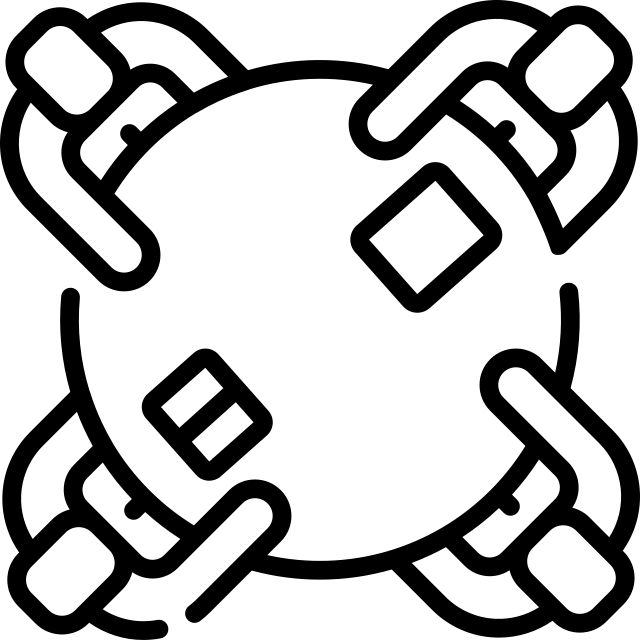
48
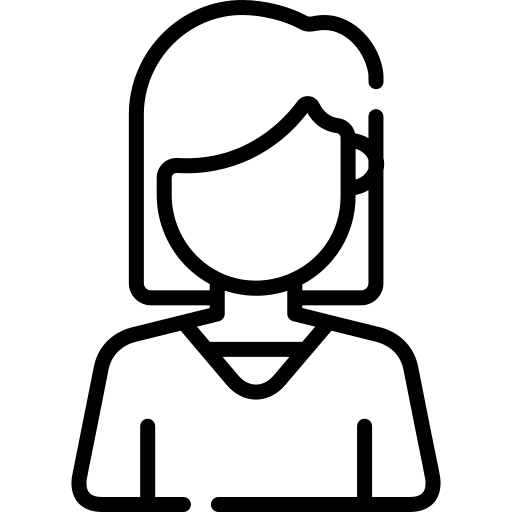
61%
$143 million
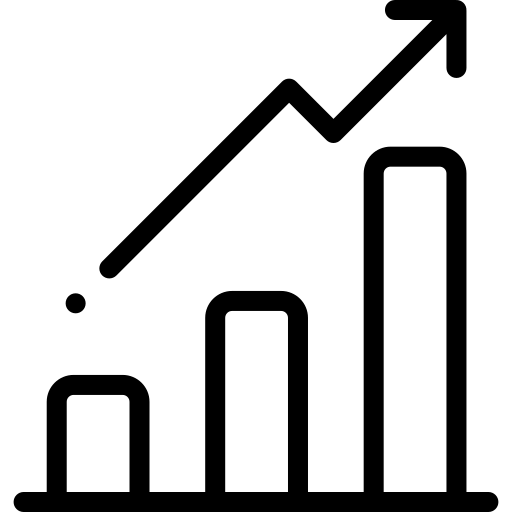
$1 billion
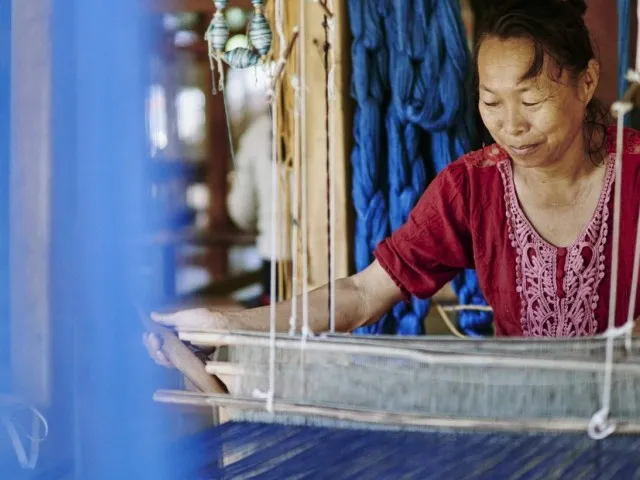
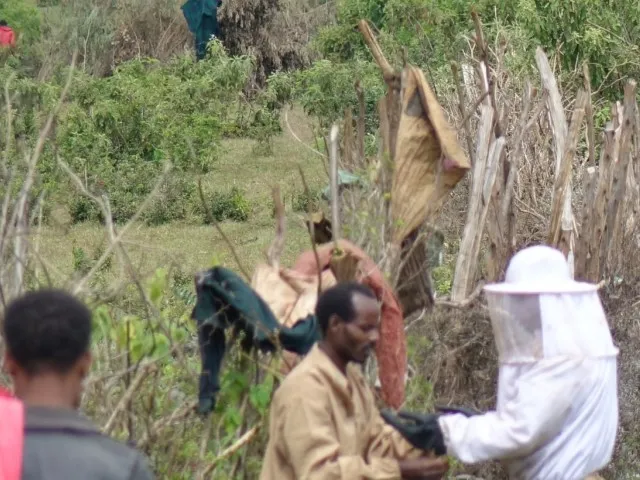
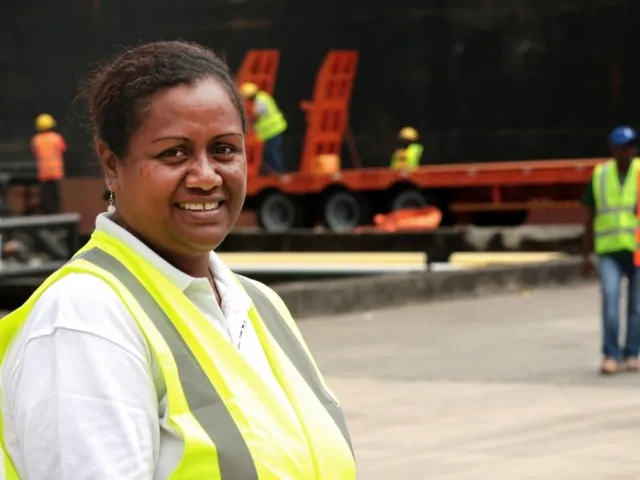
Funding partners
EIF trust fund partners
Australia
Belgium
Canada
Denmark
Estonia
European Commission
Finland
France
Germany
Hungary
Iceland
Ireland
Japan
Korea, Republic of
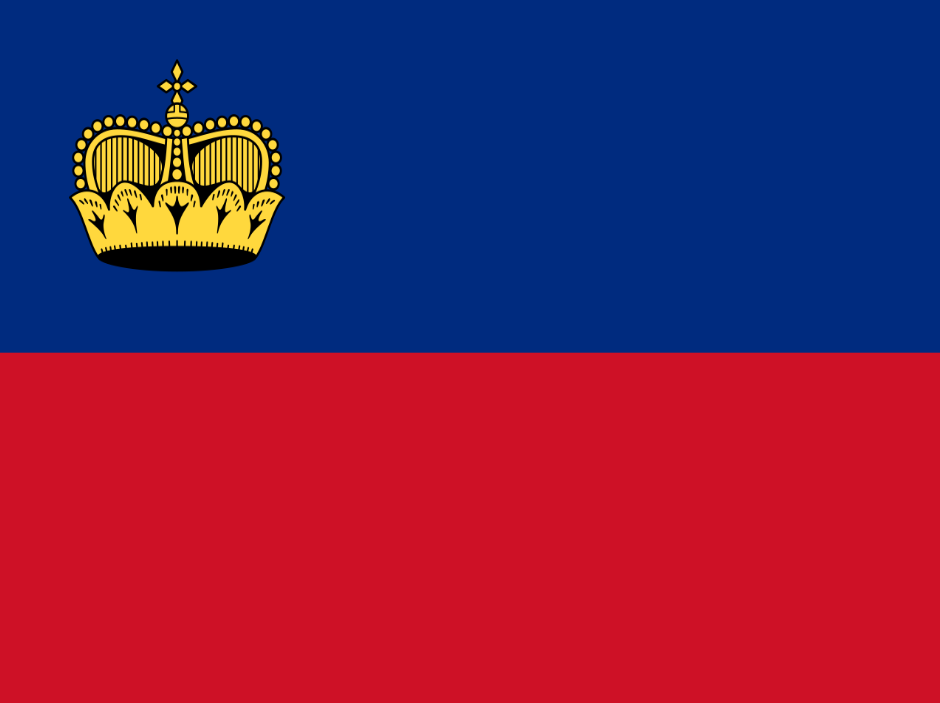
Liechtenstein
Luxembourg
Netherlands
Norway
Saudi Arabia, Kingdom of
Spain
Sweden
Switzerland
Turkey
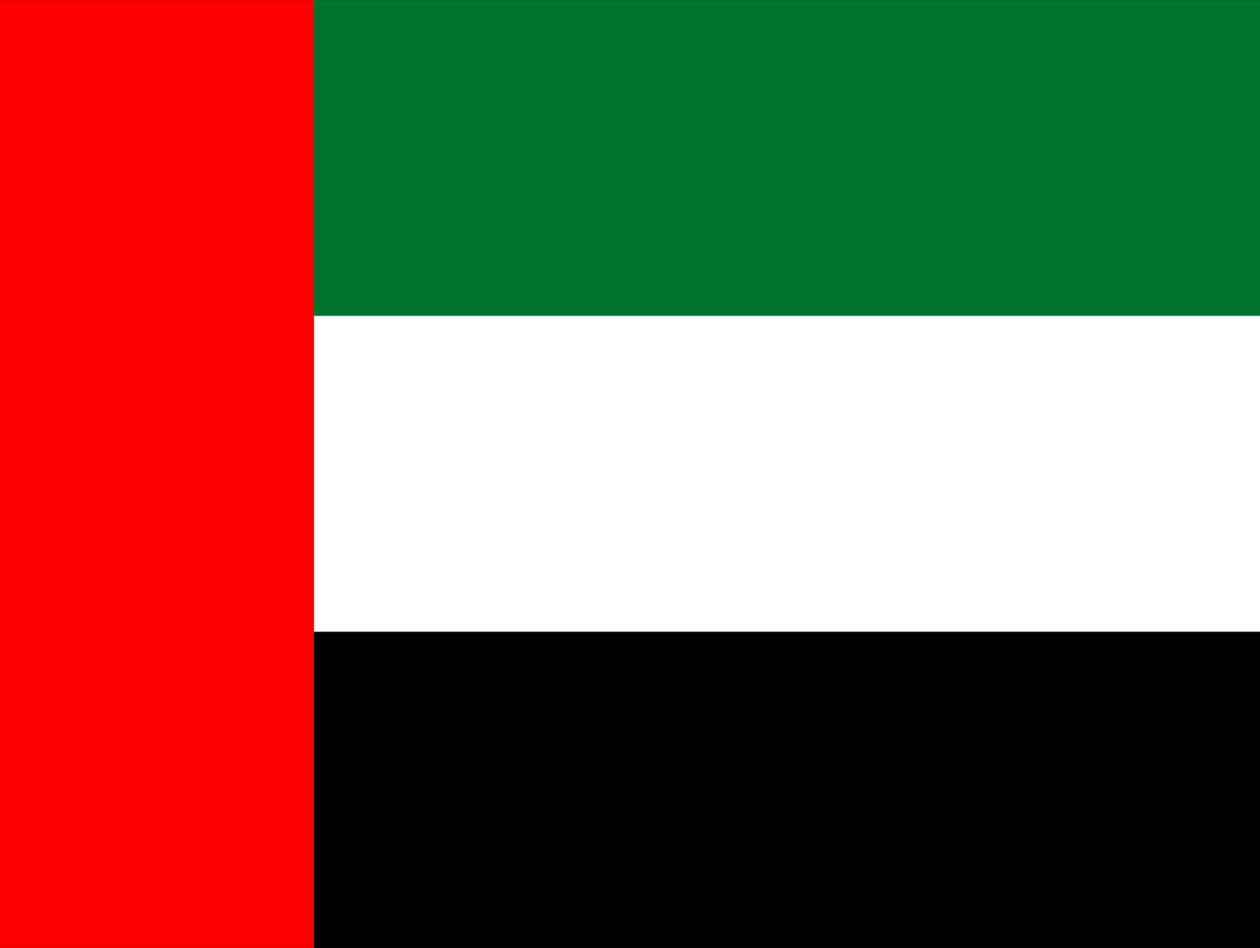
United Arab Emirates
United Kingdom
United States of America
How we work
EIF provides tailored support to the poorest countries in the world, helping them to integrate into regional and global trading systems, create jobs and increase incomes. EIF's unique approach guarantees full ownership by the least developed countries (LDC), with the majority of projects co-financed by the countries themselves.
In its first phase, the programme allocated US$200.6 million to 134 partnerships. Now in its second phase of work, EIF continues to support LDC governments and small businesses to trade, developing the kinds of jobs that improve lives and spur sustainable economic development.
Our approach
EIF works at all stages of the trade journey. The programme offers expert research and analysis that informs policy, government trade facilitation and targeted sector support based on research findings.
Research and analysis
Browse our research and analysis
Institutional support
Learn more about how to apply for institutional support
Enhancing trade sectors
Learn more about how to apply for catalytic funding

